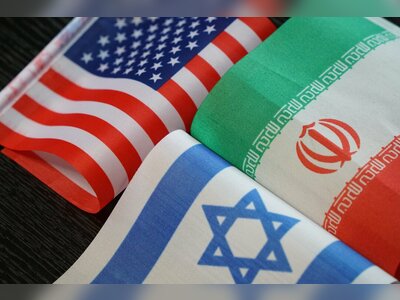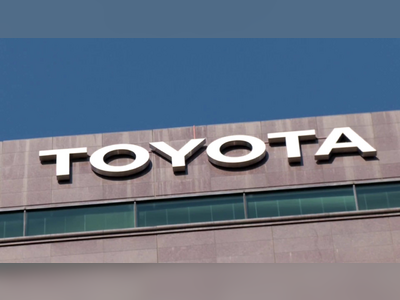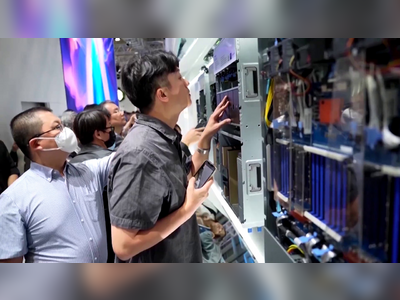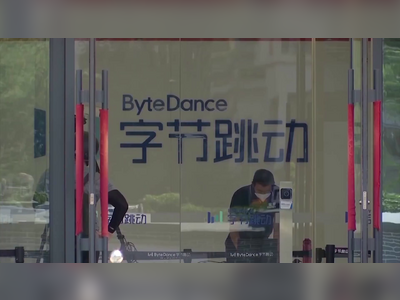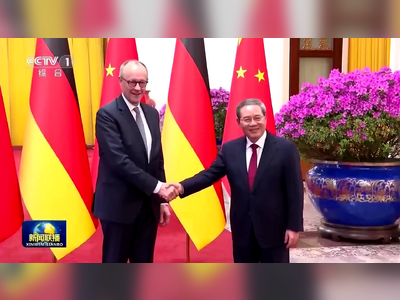U.S. Secures Key Southeast Asia Agreements to Reshape Rare Earth Supply Chains
Memoranda signed with Malaysia and Thailand mark a strategic pivot to diminish China’s dominance in critical minerals.
The United States has taken major strategic steps to realign global supply chains for rare earths and other critical minerals by finalising cooperation agreements with Malaysia and Thailand.
On 26 October 2025 in Kuala Lumpur, Donald J. Trump, President of the United States, signed Memoranda of Understanding (MOUs) with Malaysia and Thailand aimed at securing direct access to resources and processing infrastructure outside of China’s dominance.
Under the pact with Malaysia, the two nations agreed to deepen collaboration on rare earth elements and other critical materials, and Malaysia committed to refrain from imposing export bans or quotas on these resources to the United States.
The agreement also opens the door for U.S. investment in Malaysian mineral processing and downstream industries, and a reciprocal trade component valued by Malaysian reporting at around US$150 billion.
Malaysia holds substantial rare earth deposits—estimated at 16.1 million metric tonnes—but has limited processing capability.
By partnering with the U.S., Kuala Lumpur seeks technology transfer and value-added growth in its mining sector.
Malaysia remains cautious, however: its trade minister reaffirmed that raw ore exports will continue to be restricted to ensure domestic processing remains in-country.
Simultaneously, the U.S. and Thailand signed their own MOU, also on 26 October, which covers exploration, extraction, processing, refining, recycling and recovery of critical minerals and rare earths.
Bangkok described the pact as non-binding and subject to Thai law, but recognised it as a strategic entry point to connect more firmly with U.S. supply chains for industries such as electric vehicles, clean energy, semiconductors and defence systems.
These agreements come at a time of heightened global concern over China’s dominant role in rare earth mining and processing—often estimated at roughly 70 percent of mining and 90 percent or more of global processing capacity.
The U.S. has been actively seeking to diversify its supply away from Beijing’s control, particularly since China introduced new export control measures in recent months that threatened to disrupt key industrial flows.
In Kuala Lumpur, the U.S. also advanced a reciprocal trade agreement with Malaysia that elevates bilateral ties to a “Comprehensive Strategic Partnership.” The scope of the deal encompasses rare earths, aerospace procurement, semiconductors and data-centre infrastructure, and broad market access provisions for U.S. firms.
For Washington, the strategic logic is clear: to build more resilient, friend-shored supply lines for materials essential to next-generation technologies, renewable energy deployment and national security systems.
By shifting from dependency on a single supplier to regional partnerships in Southeast Asia, the United States is reshaping the geopolitical architecture of its industrial base.
For Malaysia and Thailand, catering to U.S. demand creates an opportunity to attract investment, ramp up domestic processing capacity and capture more value within their material-value chains.
However, both nations face practical challenges: the need for infrastructure, technology, regulatory clarity and environmental safeguards remains significant.
Beijing, for its part, is not standing still.
China’s state-linked firms are reportedly in discussions with Malaysia’s sovereign investment vehicles to build rare earth processing within Malaysia under Chinese terms—underscoring the competition for influence in the region.
While the signed MOUs do not instantly eliminate China’s dominant position, they signal a structural shift.
Investors and industrial planners take note: the era of “flat world” global supply chains appears to be giving way to a more region-anchored, supply-chain security-driven model centred in Washington’s orbit.
The next major test will be how swiftly the agreements translate into concrete production and processing capacity, and how Beijing reacts in kind or counters via its own strategic alliances.
On 26 October 2025 in Kuala Lumpur, Donald J. Trump, President of the United States, signed Memoranda of Understanding (MOUs) with Malaysia and Thailand aimed at securing direct access to resources and processing infrastructure outside of China’s dominance.
Under the pact with Malaysia, the two nations agreed to deepen collaboration on rare earth elements and other critical materials, and Malaysia committed to refrain from imposing export bans or quotas on these resources to the United States.
The agreement also opens the door for U.S. investment in Malaysian mineral processing and downstream industries, and a reciprocal trade component valued by Malaysian reporting at around US$150 billion.
Malaysia holds substantial rare earth deposits—estimated at 16.1 million metric tonnes—but has limited processing capability.
By partnering with the U.S., Kuala Lumpur seeks technology transfer and value-added growth in its mining sector.
Malaysia remains cautious, however: its trade minister reaffirmed that raw ore exports will continue to be restricted to ensure domestic processing remains in-country.
Simultaneously, the U.S. and Thailand signed their own MOU, also on 26 October, which covers exploration, extraction, processing, refining, recycling and recovery of critical minerals and rare earths.
Bangkok described the pact as non-binding and subject to Thai law, but recognised it as a strategic entry point to connect more firmly with U.S. supply chains for industries such as electric vehicles, clean energy, semiconductors and defence systems.
These agreements come at a time of heightened global concern over China’s dominant role in rare earth mining and processing—often estimated at roughly 70 percent of mining and 90 percent or more of global processing capacity.
The U.S. has been actively seeking to diversify its supply away from Beijing’s control, particularly since China introduced new export control measures in recent months that threatened to disrupt key industrial flows.
In Kuala Lumpur, the U.S. also advanced a reciprocal trade agreement with Malaysia that elevates bilateral ties to a “Comprehensive Strategic Partnership.” The scope of the deal encompasses rare earths, aerospace procurement, semiconductors and data-centre infrastructure, and broad market access provisions for U.S. firms.
For Washington, the strategic logic is clear: to build more resilient, friend-shored supply lines for materials essential to next-generation technologies, renewable energy deployment and national security systems.
By shifting from dependency on a single supplier to regional partnerships in Southeast Asia, the United States is reshaping the geopolitical architecture of its industrial base.
For Malaysia and Thailand, catering to U.S. demand creates an opportunity to attract investment, ramp up domestic processing capacity and capture more value within their material-value chains.
However, both nations face practical challenges: the need for infrastructure, technology, regulatory clarity and environmental safeguards remains significant.
Beijing, for its part, is not standing still.
China’s state-linked firms are reportedly in discussions with Malaysia’s sovereign investment vehicles to build rare earth processing within Malaysia under Chinese terms—underscoring the competition for influence in the region.
While the signed MOUs do not instantly eliminate China’s dominant position, they signal a structural shift.
Investors and industrial planners take note: the era of “flat world” global supply chains appears to be giving way to a more region-anchored, supply-chain security-driven model centred in Washington’s orbit.
The next major test will be how swiftly the agreements translate into concrete production and processing capacity, and how Beijing reacts in kind or counters via its own strategic alliances.

